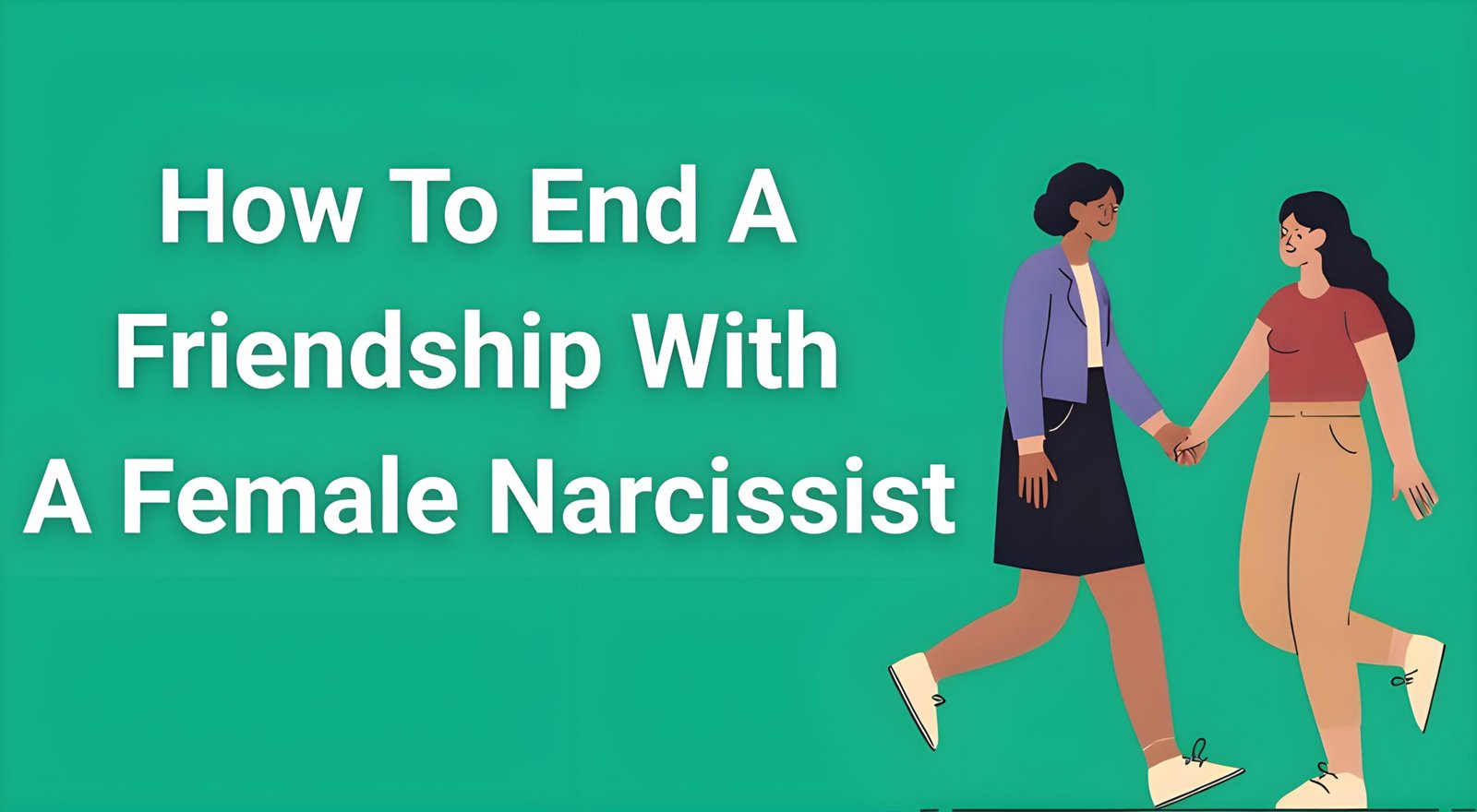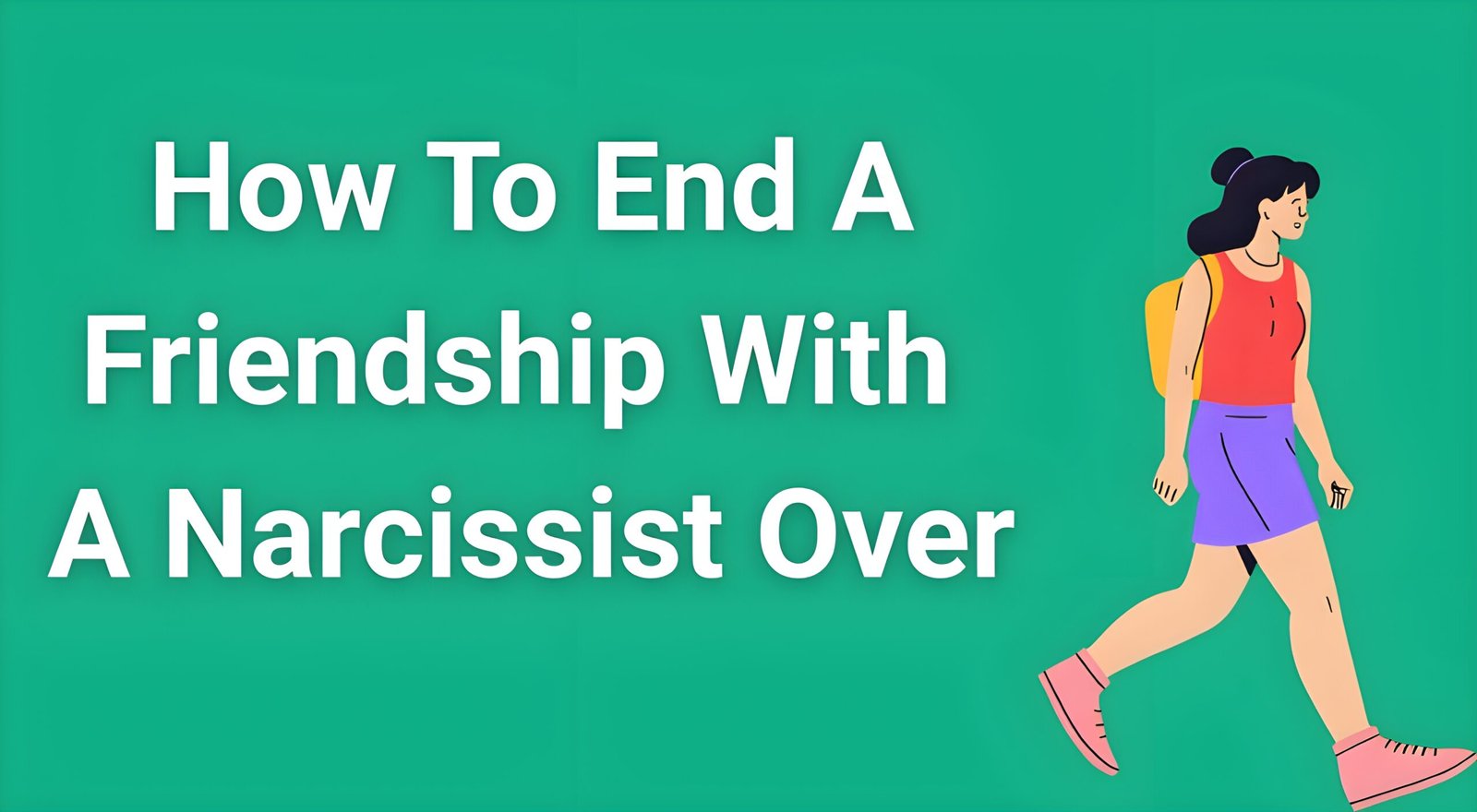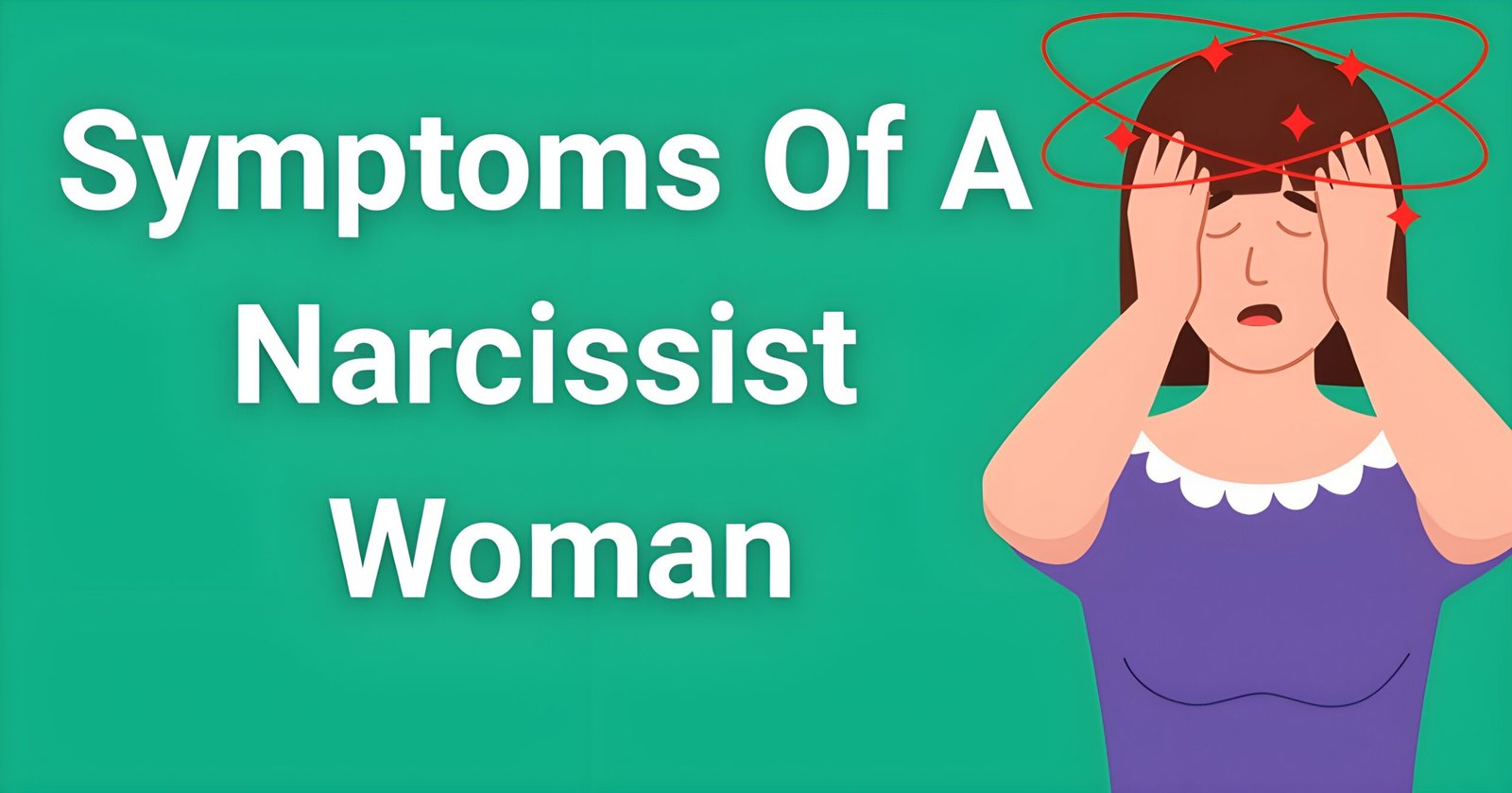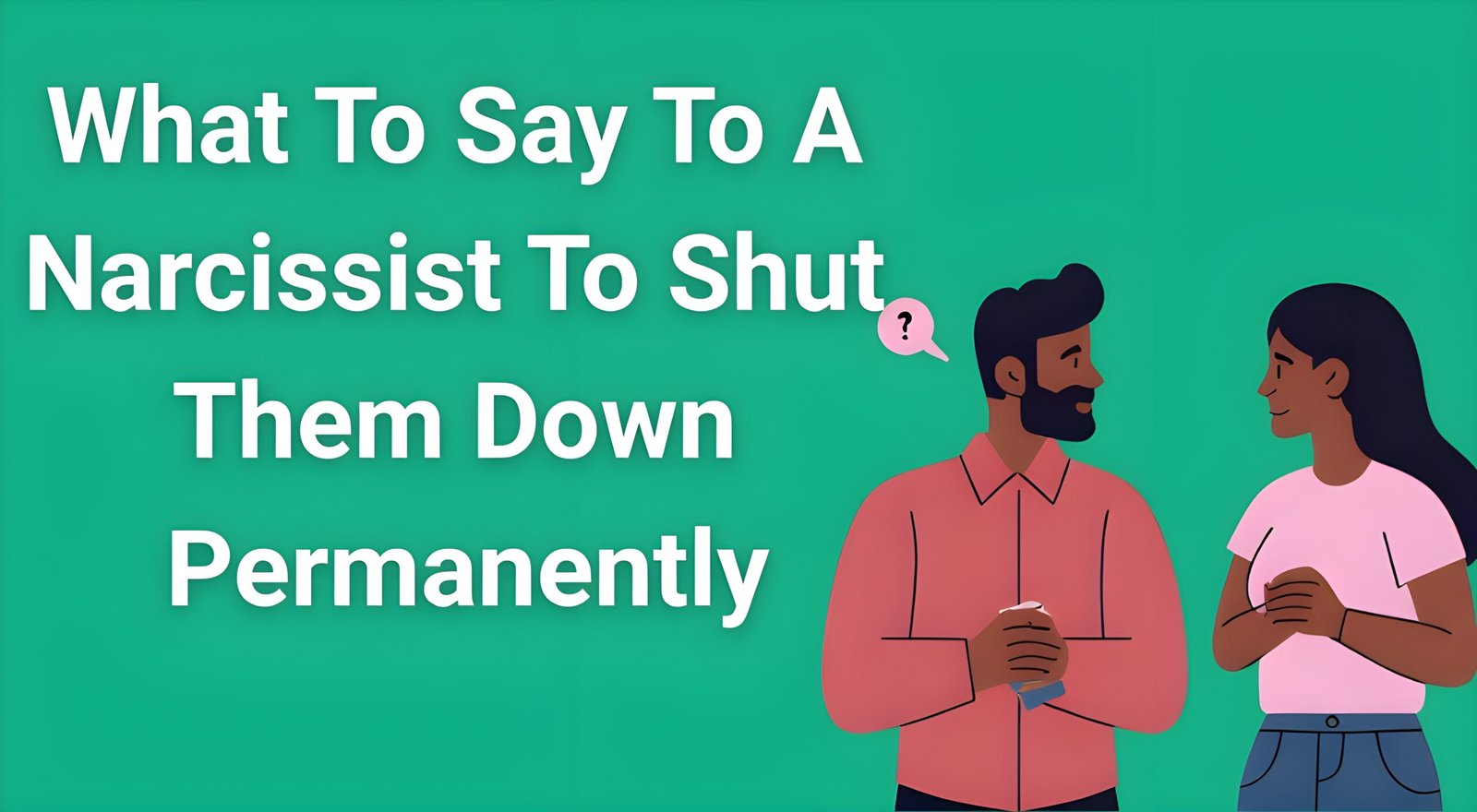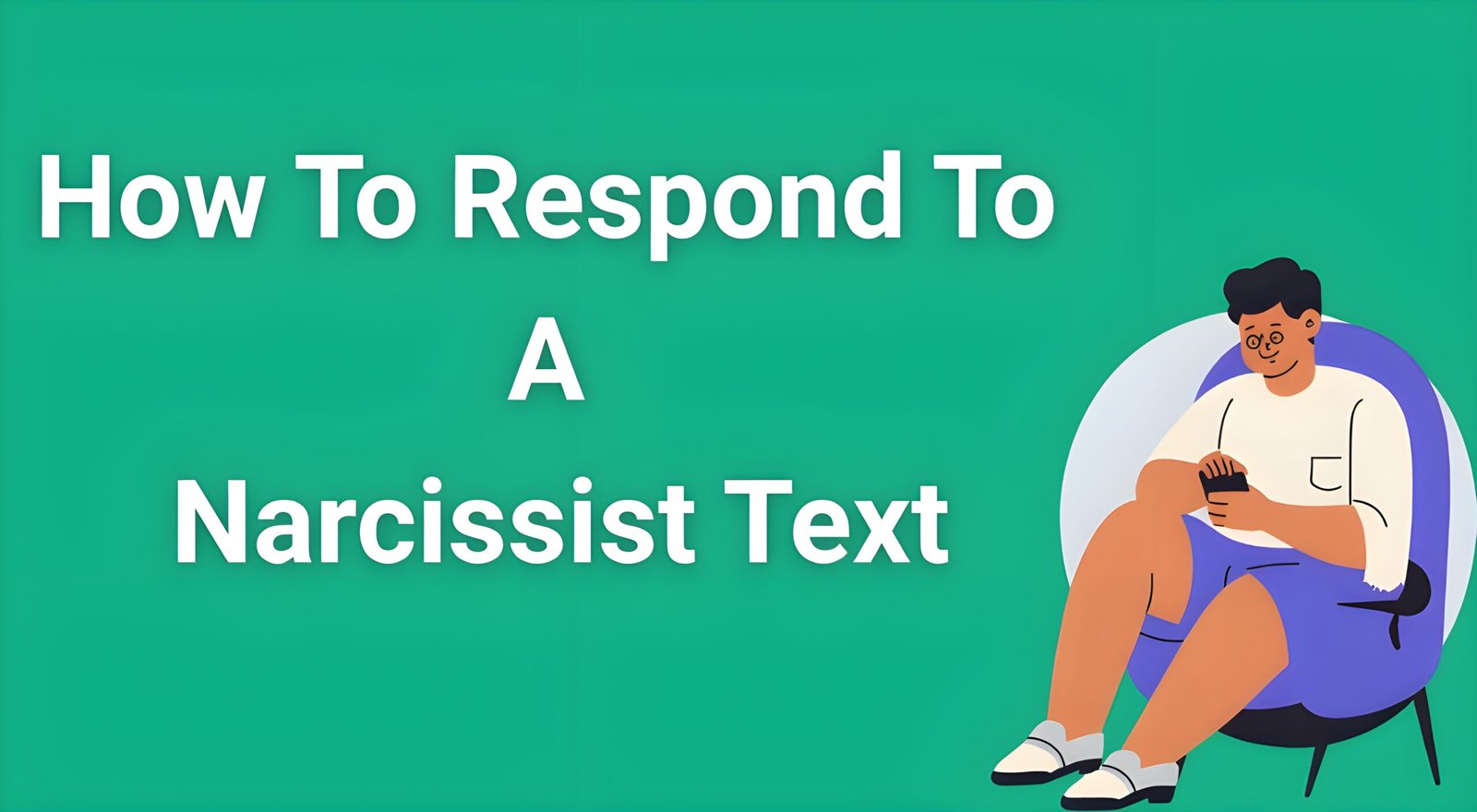If you’re searching for how to end a friendship with a female narcissist, you’re likely feeling emotionally drained, confused, and possibly even fearful about the consequences of walking away. Female narcissistic friendships operate differently from other toxic relationships, often involving subtle manipulation, emotional exploitation, and complex social dynamics that make ending them particularly challenging.
- Understanding Female Narcissistic Friendship Dynamics
- Recognizing When It’s Time to End the Friendship
- The Strategic Approach: How to End a Friendship with a Female Narcissist
- Managing the Aftermath: What to Expect After Ending the Friendship
- When No-Contact Becomes Necessary
- Healing and Moving Forward
- Protecting Yourself from Future Narcissistic Friendships
- Special Considerations for Complex Situations
- Frequently Asked Questions About Ending Narcissistic Friendships
- Conclusion: Reclaiming Your Peace and Power
The reality is that female narcissists in friendships can be master manipulators who use charm, victimhood, and social connections to maintain control. Unlike their male counterparts who might display more overt aggression, female narcissists often employ covert tactics that leave you questioning your own sanity. Understanding how to end a friendship with a female narcissist safely requires a strategic approach that protects both your emotional wellbeing and your social relationships.
Understanding Female Narcissistic Friendship Dynamics
Before learning how to end a friendship with a female narcissist, it’s crucial to understand what makes these relationships so uniquely toxic. Female narcissists in friendships often display what researchers call “vulnerable narcissism” or “covert narcissism,” which differs significantly from the grandiose narcissism we typically associate with the disorder.
The Unique Patterns of Female Narcissistic Friends
Female narcissistic friends typically engage in relational aggression rather than direct confrontation. They excel at emotional manipulation through:
Emotional Vampirism: They drain your energy by constantly needing support, attention, and validation while rarely reciprocating. Every conversation becomes about their problems, their achievements, or their dramatic situations.
Victim Playing: When confronted about their behavior, they immediately flip the script to become the injured party. This manipulation tactic makes you feel guilty for even addressing their toxic behavior.
Social Triangulation: They create drama by involving other people in your conflicts, often painting themselves as the reasonable one while portraying you as unstable or jealous.
Competitive Undermining: They subtly compete with you in every area of life, from relationships to career achievements, often disguising their competitiveness as concern or helpful advice.
Recognizing When It’s Time to End the Friendship
Knowing when to end a narcissistic friendship can be challenging because these relationships often involve periods of charm and apparent closeness mixed with manipulation and emotional abuse. Here are the clear indicators that it’s time to learn how to end a friendship with a female narcissist:
Red Flags That Demand Action
Consistent Boundary Violations: Despite your attempts to set limits, she repeatedly crosses your boundaries and makes you feel guilty for having them in the first place.
Emotional Exhaustion: Every interaction leaves you feeling drained, anxious, or upset. You find yourself dreading her calls or feeling anxious before seeing her.
One-Sided Support System: You’re always available for her crises, but when you need support, she’s either unavailable or turns the conversation back to herself.
Social Manipulation: She spreads gossip about you, attempts to turn mutual friends against you, or creates unnecessary drama in your social circle.
Gaslighting Behavior: She consistently denies things she’s said or done, making you question your memory and perception of events.
The Strategic Approach: How to End a Friendship with a Female Narcissist
Ending a friendship with a female narcissist requires careful planning and strategic execution. Unlike ending healthy friendships where honest conversation might resolve issues, narcissistic individuals rarely respond positively to direct confrontation.
Phase 1: Preparation and Safety Planning
Before taking any action to end the friendship, you need to prepare for potential retaliation. Female narcissists often respond to rejection with smear campaigns, social manipulation, or escalated emotional abuse.
Document the Pattern: Keep a private record of toxic incidents, including dates, witnesses, and specific behaviors. This documentation helps you maintain clarity about why you’re ending the friendship and provides evidence if she later attempts to rewrite history.
Secure Your Support System: Identify trusted friends or family members who understand the situation and can provide emotional support during the ending process. Avoid choosing mutual friends who might become unwilling participants in any drama.
Protect Your Digital Privacy: Review your social media privacy settings and consider limiting what she can see about your life. Be prepared to block her across all platforms if necessary.
Plan for Retaliation: Anticipate that she might spread lies about you, attempt to turn mutual friends against you, or escalate her manipulative behavior. Having a plan for these scenarios reduces their impact.
Phase 2: The Gradual Withdrawal Method
For most situations involving female narcissists, a gradual withdrawal works better than abrupt confrontation. This approach, known as the “gray rock” method, involves slowly reducing your availability and emotional investment in the friendship.
Reduce Response Time: Take longer to respond to her messages and calls. Don’t feel obligated to be immediately available for every crisis or dramatic situation she creates.
Limit Shared Information: Stop confiding in her about personal matters, achievements, or challenges. Keep conversations surface-level and avoid giving her ammunition for future manipulation.
Decrease Social Interaction: Gradually decline invitations and reduce the frequency of your interactions. When you do spend time together, do so in group settings rather than one-on-one.
Establish Emotional Distance: Practice emotional detachment by not engaging with her drama, not offering solutions to her problems, and not seeking her validation or approval.
Phase 3: Setting Firm Boundaries
As you implement the gradual withdrawal, you’ll likely need to establish firm boundaries. Female narcissists often escalate their behavior when they sense their control slipping, so be prepared for increased manipulation attempts.
Use Clear, Non-Emotional Language: When setting boundaries, avoid emotional explanations or justifications that she can use against you. Simply state your limits: “I’m not available to discuss this” or “I won’t be able to help with that.”
Don’t JADE (Justify, Argue, Defend, Explain): Narcissists use your explanations as opportunities for manipulation. State your boundary once and then disengage from further discussion.
Prepare for Boundary Testing: She will likely test your new boundaries multiple times, possibly escalating to tears, anger, or threats. Maintain consistency in your responses.
Consider Professional Support: If the friendship involved significant emotional manipulation or if you’re struggling with guilt and self-doubt, consider working with a therapist who understands narcissistic abuse recovery.
Managing the Aftermath: What to Expect After Ending the Friendship
Understanding what typically happens after you end a friendship with a female narcissist helps you prepare mentally and emotionally for the aftermath.
Common Retaliation Patterns
The Smear Campaign: She may attempt to damage your reputation by spreading lies or twisted versions of events to mutual friends, family members, or colleagues.
Love-Bombing Attempts: She might suddenly become extremely apologetic, promising to change, or showering you with affection to draw you back into the relationship.
Flying Monkeys: She may enlist mutual friends or acquaintances to contact you on her behalf, often feeding them partial information to make you appear unreasonable.
Escalated Contact Attempts: Expect increased calls, texts, emails, or social media interactions as she attempts to regain your attention and control.
Protecting Your Mental Health During Recovery
Validate Your Experience: Remind yourself regularly that your decision to end the friendship was necessary for your wellbeing. Keep your documentation handy to reference when self-doubt creeps in.
Avoid Isolation: While you may lose some mutual friends who believe her version of events, focus on building stronger relationships with people who truly support you.
Practice Self-Care: Engage in activities that restore your energy and sense of self. Narcissistic friendships often erode self-esteem, so rebuilding your confidence is crucial.
Consider Professional Help: Many people benefit from working with therapists who specialize in narcissistic abuse recovery. This support can be invaluable in processing the experience and preventing future toxic relationships.
When No-Contact Becomes Necessary
In some cases, a complete no-contact approach becomes necessary, especially if the female narcissist escalates her behavior to harassment, stalking, or threatening actions.
Implementing No-Contact Safely
Block All Communication Channels: Block her phone number, email address, and all social media accounts. Don’t forget to block her on platforms like LinkedIn or gaming platforms.
Inform Your Support System: Let trusted friends and family members know about the no-contact decision so they can support your boundaries and avoid sharing information about you.
Document Harassment: If she escalates to harassment or stalking behavior, document every incident and consider involving law enforcement if necessary.
Prepare for Extinction Burst: Many narcissists engage in an “extinction burst” – a dramatic escalation of their behavior – when no-contact is first implemented. This behavior typically diminishes over time if you maintain consistent boundaries.
Healing and Moving Forward
Learning how to end a friendship with a female narcissist is only the first step in your recovery journey. The healing process involves rebuilding your sense of self, processing the trauma of the manipulative relationship, and developing healthier relationship patterns.
Rebuilding Your Identity
Female narcissistic friendships often involve a gradual erosion of your authentic self. The constant need to manage their emotions, avoid their triggers, and provide endless support can leave you disconnected from your own needs and desires.
Reconnect with Your Interests: Rediscover hobbies, interests, and activities that you may have abandoned or minimized during the friendship. Narcissistic friends often subtly discourage pursuits that don’t benefit them or take attention away from their needs.
Rebuild Your Decision-Making Confidence: Start with small decisions and gradually work up to larger ones. Narcissistic manipulation often undermines your trust in your own judgment.
Establish Healthy Boundaries: Practice setting and maintaining boundaries in other relationships. This skill development helps prevent future toxic relationships.
Processing the Emotional Impact
The aftermath of ending a narcissistic friendship often involves complex emotions including relief, grief, anger, and confusion. These feelings are normal and part of the healing process.
Allow Yourself to Grieve: Even though the friendship was toxic, you may still grieve the loss of the good moments or the person you hoped she could be. This grief is valid and necessary for healing.
Address Trauma Responses: Many people develop trauma responses from narcissistic relationships, including hypervigilance, anxiety, and difficulty trusting their own perceptions. Professional support can be valuable in addressing these responses.
For those struggling with the intense attachment that often develops in narcissistic relationships, specialized approaches can be particularly helpful. The neurological bonds formed through cycles of abuse and intermittent reinforcement can feel as powerful as addiction, making the ending process especially challenging.
Professional Resources and Support Systems
Specialized Therapy: Look for therapists who understand narcissistic abuse and can help you process the complex trauma that often results from these relationships.
Support Groups: Connecting with others who have experienced similar relationships can provide validation and practical strategies for healing.
Educational Resources: Understanding the psychology behind narcissistic behavior can help you make sense of your experience and prevent future toxic relationships.
For individuals dealing with the neurological addiction-like bonds that often form in narcissistic relationships, specialized recovery programs can provide structured support for breaking free from these intense attachments.
Protecting Yourself from Future Narcissistic Friendships
Once you’ve successfully ended a friendship with a female narcissist, developing awareness and skills to avoid similar relationships becomes crucial.
Early Warning Signs to Watch For
Love-Bombing in New Friendships: Be cautious of new friends who shower you with excessive attention, compliments, or gifts early in the relationship. Genuine friendships develop gradually.
Lack of Reciprocity: Notice if new friends consistently take more than they give in terms of emotional support, time, or resources.
Boundary Testing: Pay attention to how new friends respond when you set small boundaries. Healthy friends respect limits, while narcissistic individuals often push against them.
Victim Narratives: Be wary of people who consistently portray themselves as victims in every conflict or relationship they describe.
Building Healthier Relationship Patterns
Trust Your Instincts: If something feels “off” about a new friendship, don’t dismiss these feelings. Your intuition is often accurate about relationship dynamics.
Maintain Your Independence: Healthy friendships complement your life rather than consuming it. Keep your other interests, relationships, and goals intact.
Practice Boundary Setting: Regular practice setting small boundaries helps you maintain these skills and identify people who respect your limits.
Seek Quality Over Quantity: Focus on building fewer, deeper relationships with emotionally healthy individuals rather than maintaining many superficial connections.
Special Considerations for Complex Situations
Some situations involving female narcissistic friends require additional considerations and strategies.
When You Share Mutual Friend Groups
Ending a friendship with a female narcissist becomes more complex when you share mutual friends or social circles. In these situations, she may attempt to turn others against you or force people to choose sides.
Focus on Your Closest Relationships: Privately explain the situation to your most trusted friends, but avoid turning the situation into a campaign against her.
Don’t Engage in Drama: Refuse to participate in he-said-she-said discussions or defend yourself against lies in public forums.
Accept Some Losses: Unfortunately, you may lose some mutual friends who believe her version of events or simply don’t want to deal with the drama.
Create New Social Opportunities: Invest time in developing new friendships and social activities that don’t overlap with the narcissistic individual.
Workplace Narcissistic Friendships
When the narcissistic friend is also a colleague, the situation requires especially careful handling to protect your professional reputation.
Document Professional Interactions: Keep records of work-related communications and interactions in case professional retaliation occurs.
Maintain Professional Boundaries: Keep all workplace interactions strictly professional and avoid personal conversations.
Seek HR Guidance: If the situation affects your work environment, consult with human resources about your options.
Focus on Your Performance: Maintain high professional standards and let your work speak for itself.
Family-Friend Situations
When the narcissistic friend is connected to your family or long-term friend group, ending the relationship can create complex family dynamics.
Communicate with Family Members: Have honest conversations with family members about your decision, but avoid demanding they also cut contact.
Set Event Boundaries: Decide in advance how you’ll handle family gatherings or events where she might be present.
Prepare Standard Responses: Have neutral, polite responses ready for situations where you must interact briefly.
Focus on Your Wellbeing: Remember that protecting your mental health is more important than maintaining family harmony at your expense.
Frequently Asked Questions About Ending Narcissistic Friendships
Q: How do I know if I’m overreacting or if the friendship is really toxic?
A: Trust your feelings. If you consistently feel drained, anxious, or upset after interactions with this friend, and if you find yourself walking on eggshells around them, these are valid indicators of a toxic dynamic. Healthy friendships should generally leave you feeling supported and energized, not emotionally depleted.
Q: What if she threatens self-harm when I try to end the friendship?
A: Threats of self-harm are serious manipulation tactics. If someone threatens self-harm, contact emergency services or a mental health crisis line immediately. Do not allow these threats to trap you in the relationship, as this only reinforces the manipulative behavior.
Q: Should I explain why I’m ending the friendship?
A: Generally, no. Female narcissists typically use explanations as opportunities for manipulation, argument, or retaliation. A simple statement like “This friendship isn’t working for me anymore” is sufficient if any explanation is required.
Q: How long does it take to heal from a narcissistic friendship?
A: Healing timelines vary greatly depending on the duration and intensity of the friendship, your personal resilience, and whether you seek professional support. Many people begin feeling relief within weeks, but complete emotional healing often takes months to years.
Q: Will she try to come back into my life?
A: Many narcissistic individuals attempt to reconnect after a period of absence, often when they need something or their other relationships aren’t providing adequate supply. This behavior, called “hoovering,” can happen months or even years later.
Q: How do I handle mutual friends who ask about the ended friendship?
A: Keep your response brief and neutral: “We grew in different directions” or “The friendship wasn’t working for either of us anymore.” Avoid detailed explanations that could be twisted or used against you.
Conclusion: Reclaiming Your Peace and Power
Learning how to end a friendship with a female narcissist safely is ultimately about reclaiming your right to emotional peace and authentic relationships. These friendships can be particularly insidious because they often masquerade as deep, meaningful connections while slowly eroding your self-esteem and emotional wellbeing.
Remember that ending a toxic friendship, regardless of its duration or the shared history, is an act of self-preservation and self-respect. You deserve relationships that are reciprocal, supportive, and genuinely caring. The temporary discomfort of ending a narcissistic friendship pales in comparison to the long-term damage of remaining trapped in a cycle of manipulation and emotional abuse.
The journey of ending a narcissistic friendship and healing from its effects requires patience, self-compassion, and often professional support. Don’t hesitate to seek help from therapists who specialize in narcissistic abuse recovery, join support groups, or access resources designed specifically for survivors of these types of relationships.
Your emotional wellbeing, mental health, and authentic self are worth protecting. By taking the brave step to end a friendship with a female narcissist, you’re creating space in your life for genuine connections and personal growth. Trust in your ability to build healthier relationships and remember that choosing yourself is never selfish—it’s necessary for creating the life you deserve.
The path forward involves not just ending the toxic relationship, but also healing from its effects and building stronger boundaries for the future. With time, support, and commitment to your own wellbeing, you can move beyond this experience and create meaningful, healthy relationships that truly enrich your life.

